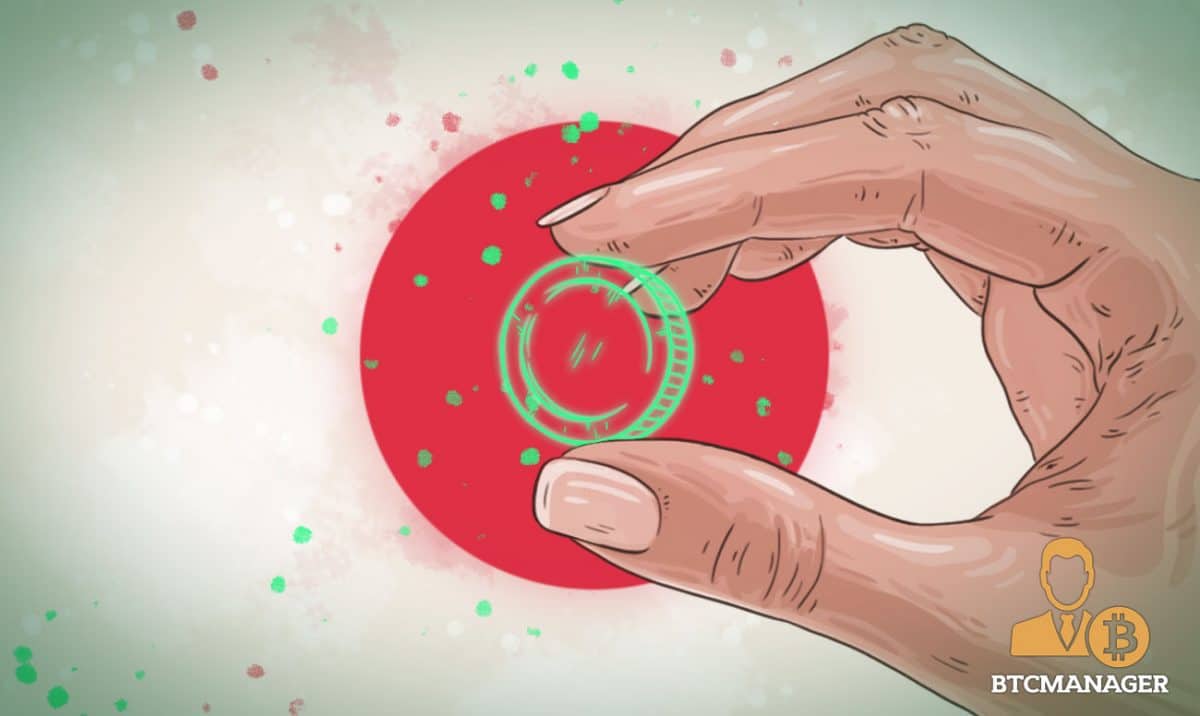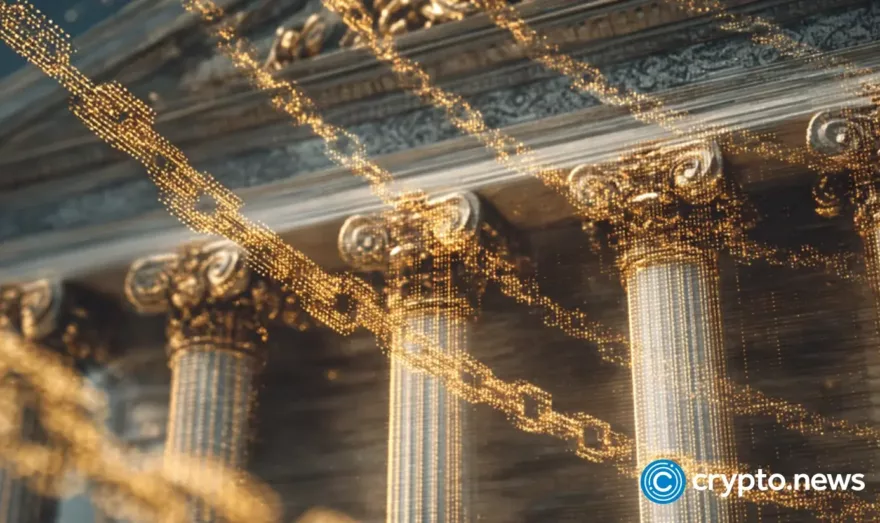Japanese Banks Exploring Digital Currency Payments Interoperability

Major banking giants in Japan together crypto exchange platform DeCurret have formed a working group to explore digital currency payments interoperability. Meanwhile, regulators in the country are warning investment advisors to fulfill the necessary licensing requirements before offering their services.
Japanese Banks Ponder Digital Settlements Infrastructure
According to Reuters on Wednesday (June 3, 2020), The study group formed by Mitsubishi UFJ Financial Group Inc, Sumitomo Mitsui Financial Group, and Mizuho Financial Group Inc, along with major railway company East Japan Railway and other experts, has the support of Bank of Japan (BoJ) and the country’s regulatory watchdog, the Financial Services Agency (FSA).
The think tank seeks to work out modalities for leveraging decentralized ledger technology (DLT) in building a robust digital currency settlement infrastructure. According to a press statement issued by DeCurret, the group also wants to create a standardized framework for any future interbank crypto payment gateway. At the end of the study, the participants hope to issue a report on its findings.
Decurrent, Japanese cryptocurrency exchange will coordinate the group. According to the crypto exchange firm, the FSA, and the Ministry of Finance will observe activities of the study group. During an online meeting, a former executive of Japan’s central bank, Hiromi Yamaoka, who will head the study group, said:
“Japan has numerous platforms for cashless settlement, but they have yet to overwhelm the usage of cash. One solution could be to enhance the inter-operability of digital currencies and infrastructure.”
FSA Warns Against Unlicensed Investment Advisers
Meanwhile, the FSA via its Twitter handle issued a warning to unregistered companies offering illegal investment advice regarding stocks, binary options, cryptocurrencies, and other asset classes.
The recent warning is in line with the regulator’s long-time efforts to guard investors against fraudulent schemes. In April 2020, the Japanese regulatory body officially approved two crypto regulatory bodies, Japan Virtual Currency Exchange Business Association (JVCEA) which has been around since 2018, and the Japan Security Token Offering Association (JSTOA).
Japan’s finance regulators continue to closely monitor the country’s crypto space mandating strict compliance with laid down rules and requirements. Back in March 2019, Japanese regulators amended crypto margin trading, setting the new leverage limit to 2x. The FSA is also keen on ensuring that local cryptocurrency exchanges meet up with strict security standards to prevent the reoccurrence of theft by hackers.














